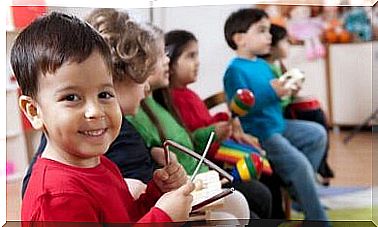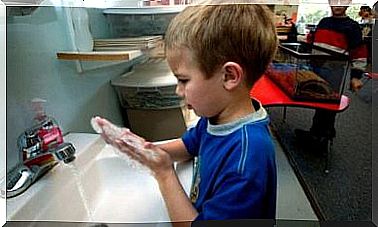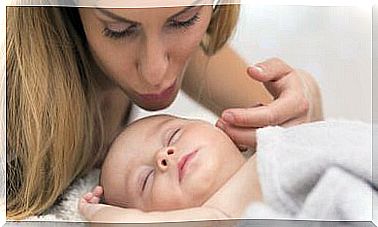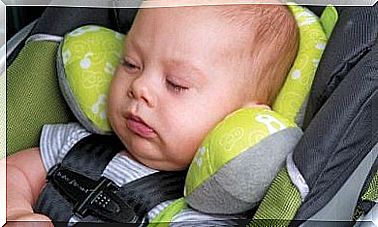Types Of Families According To The Degree Of Cohesion

Each family unit is a world unto itself. The rules and the way parents and children relate differ from one home to another. In light of this, we can say that there are different types of family depending on the different variable taken into consideration.
One of the most important factors to evaluate when we want to know the family context is the degree of cohesion. This indicates to what extent the members are united, how much attention they give and if they help each other.
On the face of it, it might seem that a high degree of cohesion is ideal, as family love and support are essential to our well-being.
Nonetheless, it is equally essential to grant freedom and autonomy to each member. In this way all individuals can develop individually without being inhibited by family ties.
Rather, we can say that the degree of cohesion is a continuum in the midst of which virtue is found. Dependence on family is negative and limiting. Similarly, however, extreme independence is harmful.
For this reason, families that are located in intermediate points, that is, that are interdependent, enjoy better relationships and greater well-being.
Family types based on the degree of cohesion
Emancipated
These families are located at the extreme point of independence. Their members care little for each other, spend little time together, and interactions between them are scarce. They rarely show affection, and only in isolated cases do they turn to family members for support and advice to make a decision.

Each member leads their life keeping separate spaces and nurturing different interests. Emotional closeness and loyalty are scarce. Priority is given to independence and individuality.
Separate
In this case we are in one of the central and healthiest positions. There is a certain degree of loyalty and involvement towards other family members, and there is no lack of displays of affection. Even so, personal separation and individual development are promoted.
Each member has different interests and tends to spend free time outside the family. At the same time, however, there are moments of sharing with the family. The boundaries between parents and children are clear, but we are emotionally close to each other.
Connected
Connected families go a step beyond closeness and intimacy, but still find themselves at a healthy point on the continuum. These families promote loyalty and displays of affection.
They consider it important to take an interest in the life of their families and consider the family the point of reference for all members; consequently, the opinions of each individual are taken into account.
Sharing of time, interests and activities is promoted and prioritized. Friends are also introduced and treated as part of the family. Even so, the individual spaces and moments of the individual are respected.
Agglutinated
Finally, agglutinated families are at the opposite end of the continuum, which is excessive dependence and attachment. There is extreme emotional closeness and total involvement between the members of these nuclei.
The family represents the backbone, loyalty is required and decisions are made on the basis of collective interests.

They share most of the activities, free time and spaces and barely allow themselves privacy and individual development. Likewise, there are no boundaries between parents and children, which can lead to unhealthy coalitions as roles are not clearly defined.
Degree of satisfaction in the different types of families
Healthy family is defined as a family that achieves a balance between attachment and detachment. It is based on support, love and trust, but at the same time it promotes and grants free will to each member.
It is up to the family to define the type of relationships they want to establish. Nonetheless, it is good to understand that extreme positions can harm both parents and children.
Overly independent families can make their members feel alone, in need of affection, support and belonging. On the other hand, those too clingy can limit individual freedoms and lead to unhealthy addictions. For this reason, it is recommended to find a healthy balance.









